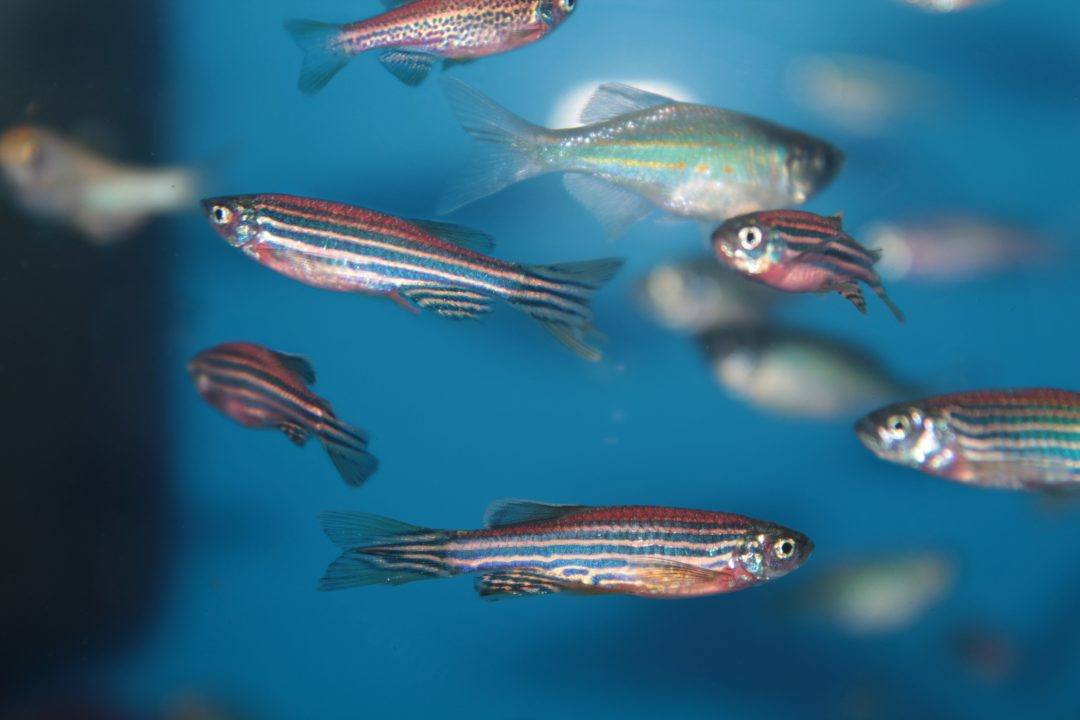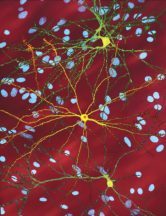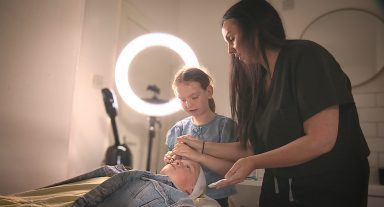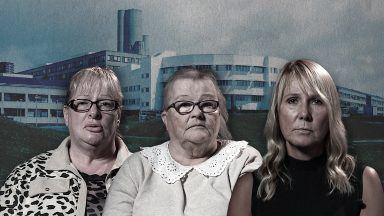Key Points
-
 MS is an incurable neurological condition that affects more than 17,000 people in Scotland
MS is an incurable neurological condition that affects more than 17,000 people in Scotland -
 It happens when the immune system attacks the coating around the nerves – that often leads to muscle spasms, pain, and weakness
It happens when the immune system attacks the coating around the nerves – that often leads to muscle spasms, pain, and weakness -
 The disease disproportionately affects women and often develops between the ages of 20 and 40
The disease disproportionately affects women and often develops between the ages of 20 and 40 -
 Scientists at the University of Edinburgh are using zebrafish to study how MS damages the protective coating around nerves, known as myelin.
Scientists at the University of Edinburgh are using zebrafish to study how MS damages the protective coating around nerves, known as myelin. -
 Using this technique, the team has already identified drugs that reduce myelin damage
Using this technique, the team has already identified drugs that reduce myelin damage
Zebrafish could be the key to reversing damage caused by multiple sclerosis (MS), according to new research.
Scientists at the University of Edinburgh are using the small minnow fish to study how MS damages the protective coating around nerves, known as myelin.
Professor David Lyons, who is leading the study, told Scotland Tonight that it could help identify drugs to tackle the condition.
He said: “Like ourselves, zebrafish are vertebrates. They have a brain, they have a spinal cord and they have many of the cells of the nervous system that we do.
“So what we can do using zebrafish, for example, is to induce damage to myelin in the living animal.
“These zebrafish that we study are tiny and transparent. We can use genetic tools to make various cells in the nervous system fluoresce, so we can actually use powerful microscopes to directly image and look into the brain and see how myelin damage unfolds.”
Using this technique, the team has already identified drugs that reduce myelin damage.
 Adobe Stock
Adobe Stock
Dr Lyon said repairing this myelin could be a key step towards curing MS.
“One of the aspects of the brain that can be regenerated in people is myelin, so actually we make myelin well into adulthood.
“In MS, they’re not as effective as they could be for some reasons we understand and some that we don’t. But often these cells are there and they just need a helping hand to make more myelin.
“We and others have identified a fairly large number of drugs that can do this at the moment and those are some of the drugs that we’re taking into trial.
“If those drugs are as effective in people as they have proven to be in various animal models, then I think there’s real hope that once we know exactly how to treat people that we can help boost the myelin repair and undo some of the damage caused by disease.”
What is multiple sclerosis?
MS is an incurable neurological condition that affects more than 17,000 people in Scotland. That’s around one in every 300 people living here – the highest rate anywhere in the UK.
It happens when the immune system attacks the coating around the nerves – that often leads to muscle spasms, pain, and weakness – which worsen over time.
The disease disproportionately affects women and often develops between the ages of 20 and 40 – some of the most active years in adult life.
While Scotland faces the challenge of MS being so common, it also presents a unique opportunity to lead the fight against it.
‘I couldn’t walk, I couldn’t retain anything’
Lauren Forrester, 39, first started to notice changes in her body during the pandemic.
She said: “I remember one day walking around the house in bare feet and feeling as though I’d stood on something like a sticker stuck to the bottom of my foot – there was nothing there.”
Not long after, her symptoms escalated
“My eyesight started to get a bit dodgy fairly early on as well,” said Lauren.
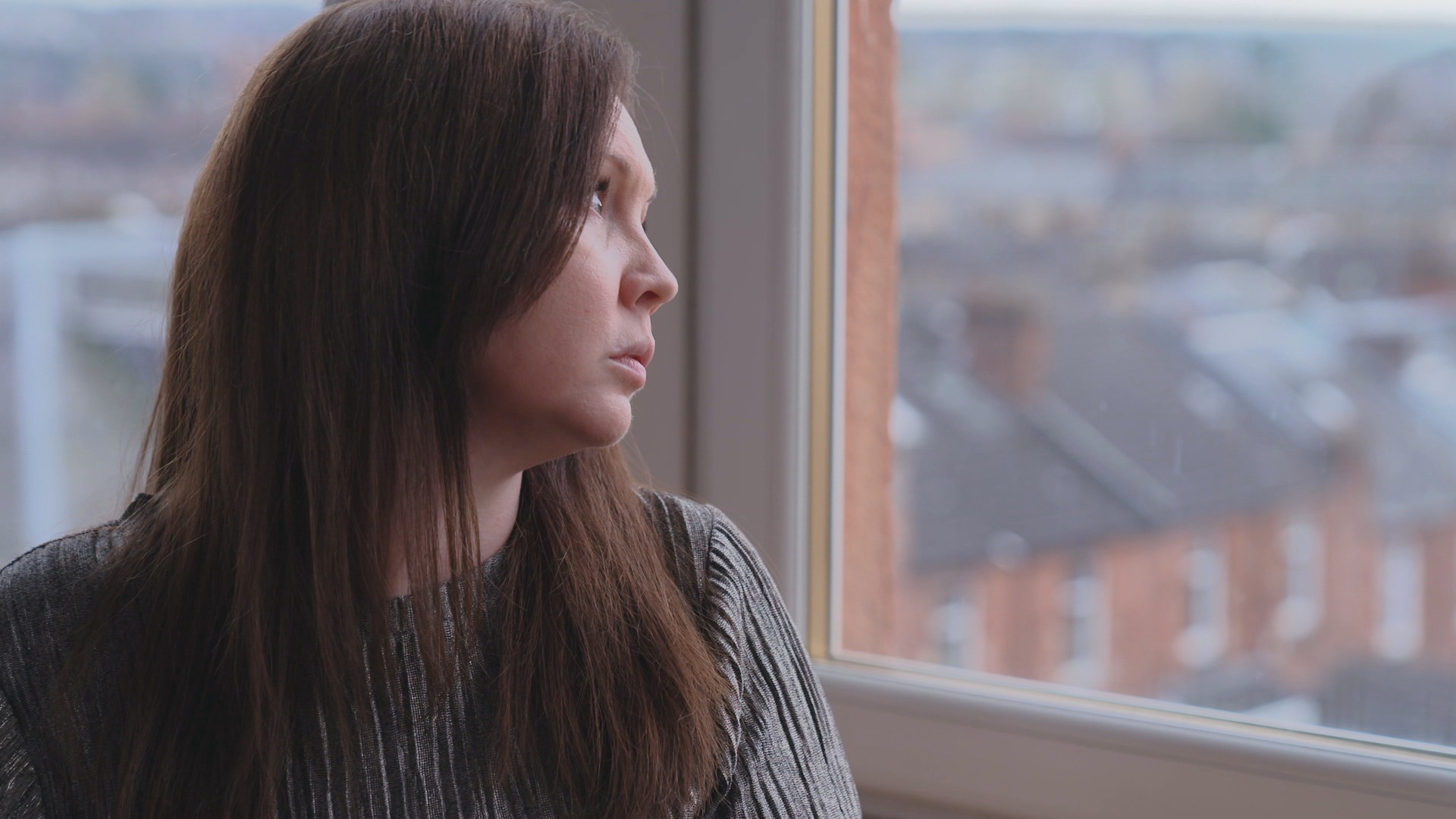 STV News
STV News
“I started to struggle walking and I didn’t trust myself driving anymore – so I stopped working at that point and then it was just a waiting game until I could see neurology.”
Before that appointment could happen, Lauren’s condition rapidly deteriorated.
She said: “I ended up in A&E and then was transferred to the Queen Elizabeth University Hospital, to their neurology department, because I couldn’t walk, I couldn’t retain anything.”
Lauren was officially diagnosed with MS, a life-changing moment that marked the beginning of a long recovery journey.
After months of intensive rehab, Lauren was allowed to go home but she now relies on regular treatments to keep her symptoms under control.
“I go into their neurology ward for an infusion of a medication called Tysabri. It is an immune modulating medication, so the idea is it stops my immune system from bashing me as much.
“It’s magic stuff. It took me from being bed-bound and completely paralysed to back on my feet.”
Using VR for Physical Therapy
Lauren is also part of another unique trial hoping to help those suffering from MS.
Professor Lorna Paul is part of a team of researchers at Glasgow Caledonian University and the Glasgow School of Art trialling VR for physiotherapy – funded by the MS Society.
Patients can choose between three games that help to maintain their mobility and fine motor skills.
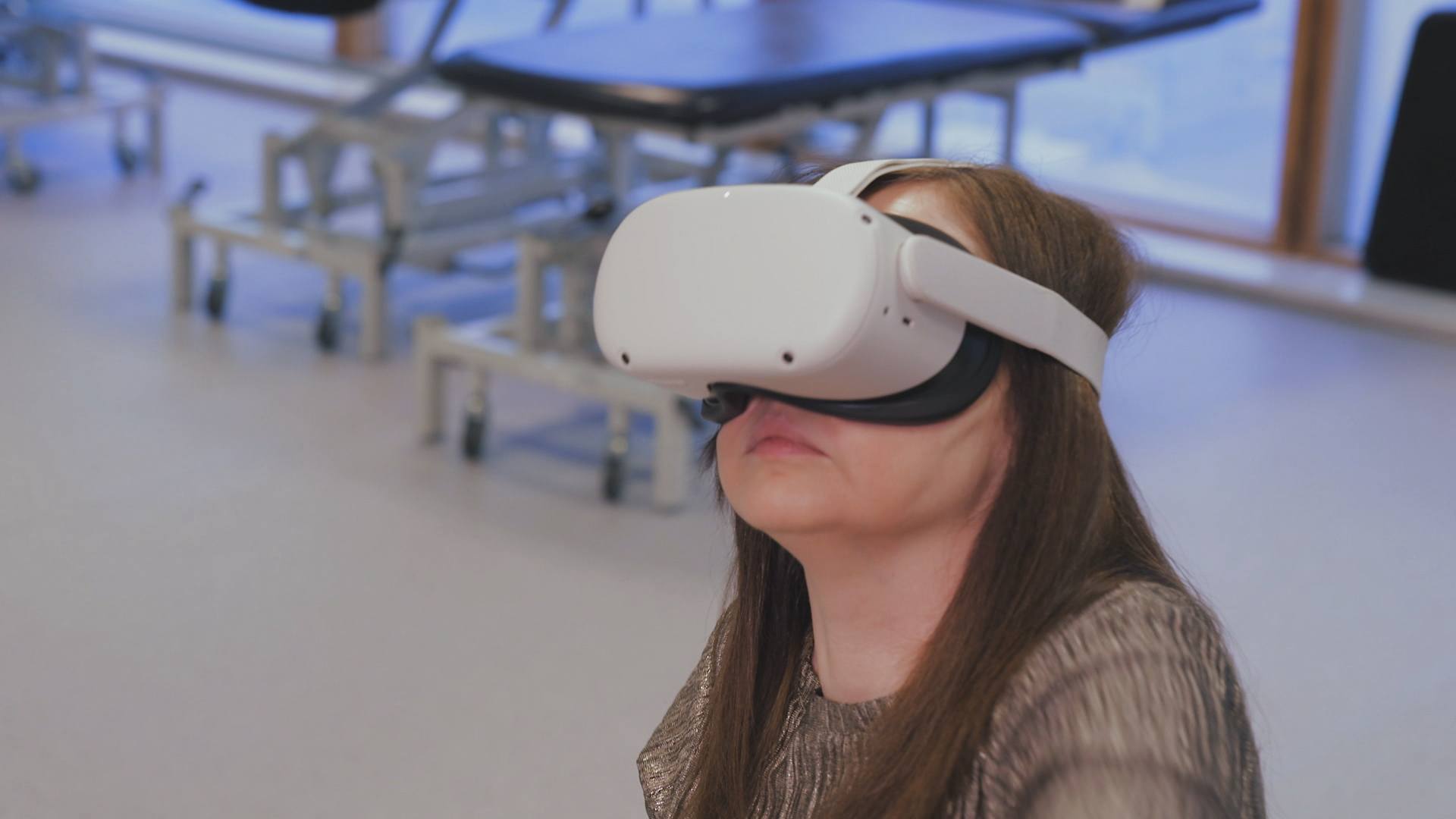 STV News
STV News“We were really interested in using virtual reality in the first place for the arms,” said Lorna.
“It’s much safer because people can sit and play the games, we’re not worried about anybody having a fall.
“What we’re seeing in terms of the results, as people are starting to feel their arms, is they’re able to do more, so we can look at a range of movement and strength and coordination. All these things are important for us but what patients want to know is ‘can I actually get my hands up to brush my hair’.
Speaking about the VR rehab Lauren said: “It’s a completely different experience – when it came to rehab, I was willing and ready to do work.
“It’s easy but at the same time difficult because you’re doing the work, but nothing.
“It’s a real positive – It’s nice to think of non clinical routes for lack of a better word to describe it.”
Lauren has since regained the use of her hand, which had previously seized up.
She hopes the world-leading research and treatments being developed in Scotland will help her maintain her independence for as long as possible.
Watch the full report, “Hope in the Battle Against MS” on Scotland Tonight at 8.30pm on Thursday night or catch up on the STV Player.
Follow STV News on WhatsApp
Scan the QR code on your mobile device for all the latest news from around the country


